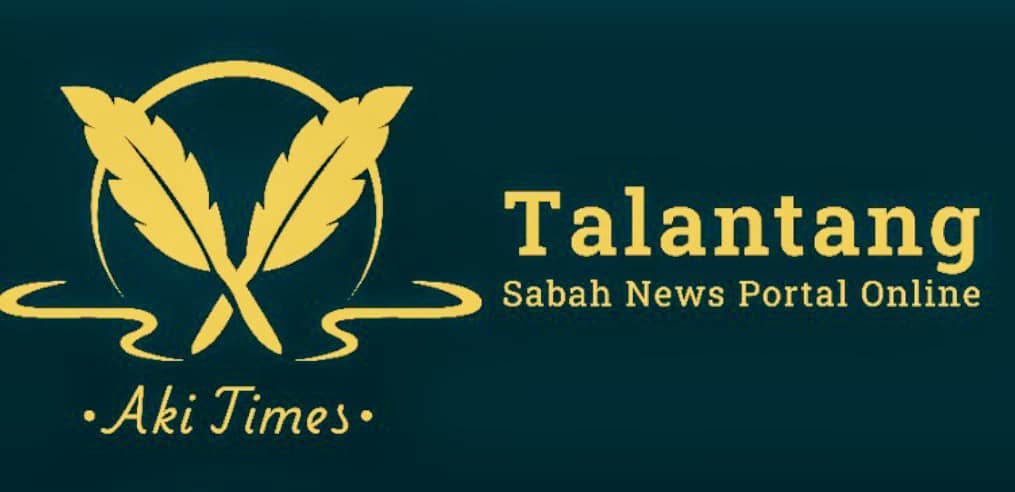As the media debates ethics over AirAsia’s 50% offer to journalists, Rocky Bru reflects on goodwill, integrity, and where the line should be drawn.
THE airlines’ 50% offer raises ethical questions for the press, but are we reading too much into it.
Lots went on at last weekend’s Hari Wartawan Nasional: Yong Soo Heong, my old friend and long-time advisor to the National Press Club, was named the Tokoh Wartawan Hawana 2025; arwah Rozaid Rahman — we covered the labour beat together during our early reporting years — was post-humously honoured by his peers, too; Anwar Ibrahim announced a RM30 million fund to help the local media live with his namesake AI; and the founding board members of the Malaysian Media Council, four decades in the making, was named.
And AirAsia announced that it was offering a 50% discount to media practitioners in the country, all 12,000 of them, to fly to any of the 57 destinations in Asean. It’s a one-off thing, done in conjunction with Malaysia’s chairmanship of the 10-nation Southeast Asian grouping.
“Orang nak berbudi, kita harus berbahasa,” was my opening phrase when the reporter from Bernama called for my response to the discount for journalists. It can be read here.
The recap of my main points:
1. Thank you, AirAsia
2. We lowly-paid journalists appreciate it, maybe now some of us can make that dream trip to Singapore
3. I would rather if AA make it cheaper for Malaysians to fly within the country (air fares to Kuching and KK during Hari Raya can be more expensive than flying to Sapporo).
Of course, there’s the ethical question of whether journalists should accept such an offer.
So I asked ChatGPT: Is it good journalism to accept the offer? And this is the answer I got:
Generally, no — it is not considered good journalism for journalists to accept a discount from an airline or any company they might cover.
Here’s why:
1. Conflict of interest: Accepting discounts can create a perceived or actual conflict of interest. The public might reasonably question whether the journalist can report objectively on the airline if they’re receiving a benefit from it.
2. Journalistic ethics codes: Most major journalism ethics codes — such as those from the Society of Professional Journalists (SPJ) or Reuters — advise strongly against accepting gifts, discounts, or favours from sources or companies:
– SPJ Code of Ethics: “Avoid conflicts of interest, real or perceived. Disclose unavoidable conflicts.”
– Reuters Handbook: “Do not accept any gift, however modest, or any hospitality that might appear to compromise your integrity or objectivity.”
3. Credibility and trust: Journalism relies on public trust. Accepting special treatment, even something as seemingly minor as a discount, can undermine a journalist’s credibility, especially if it’s not disclosed
When might it be acceptable?
There are a few narrow exceptions, and even these require transparency:
– Press trips: Sometimes journalists are invited on sponsored trips (e.g. by tourism boards or airlines). If accepted, the ethical practice is to fully disclose the sponsorship in the resulting reporting.
– Incidental discounts: If the discount is available to the general public (e.g., a promotional fare anyone could get), it’s less problematic, but transparency is still best.
Bottom line: Accepting discounts from an airline — or any subject of coverage — is usually inappropriate unless:
– It’s clearly disclosed;
– There is no ongoing or expected coverage of that company.
– It doesn’t compromise or appear to compromise journalistic integrity.
But that’s ChatGPT.
My colleagues at the Malaysian Media Council should discuss this; it’s a good starting point for the great workload that awaits them in the days to come. But if any of the young reporters out there were to ask me, I’d say go for it. AirAsia’s offer is a one-off, and it’s something you didn’t ask or beg for.
If it’s offered to the media out of the good hearts of big boss Tony Fernandes and his generals, Fareh Ishraf and Benyamin Ismail, it’s good manners on our part to express our appreciation. We are not obliged to accept it. And if you do, you’re not obliged to write rosy things about the experience. And I’m sure Tony, Fareh and Ben do not expect you to.
Disclaimer: Tony and I have known each other since the last century. When he learned that I was flying to Kazakhstan for a holiday late last year, he kindly offered me a 50% discount. Air Asia X had just started to operate the Kuala Lumpur-Almaty route. I thanked him profusely; the offer meant a lot to me. However, I paid the full fare for myself and my wife. — June 18, 2025
Datuk Ahirudin Attan, known by his moniker Rocky Bru, is executive director at Big Boom Media, which publishes Scoop. He is also president of the National Press Club.
This article appears in his blog Rocky’s Bru.
